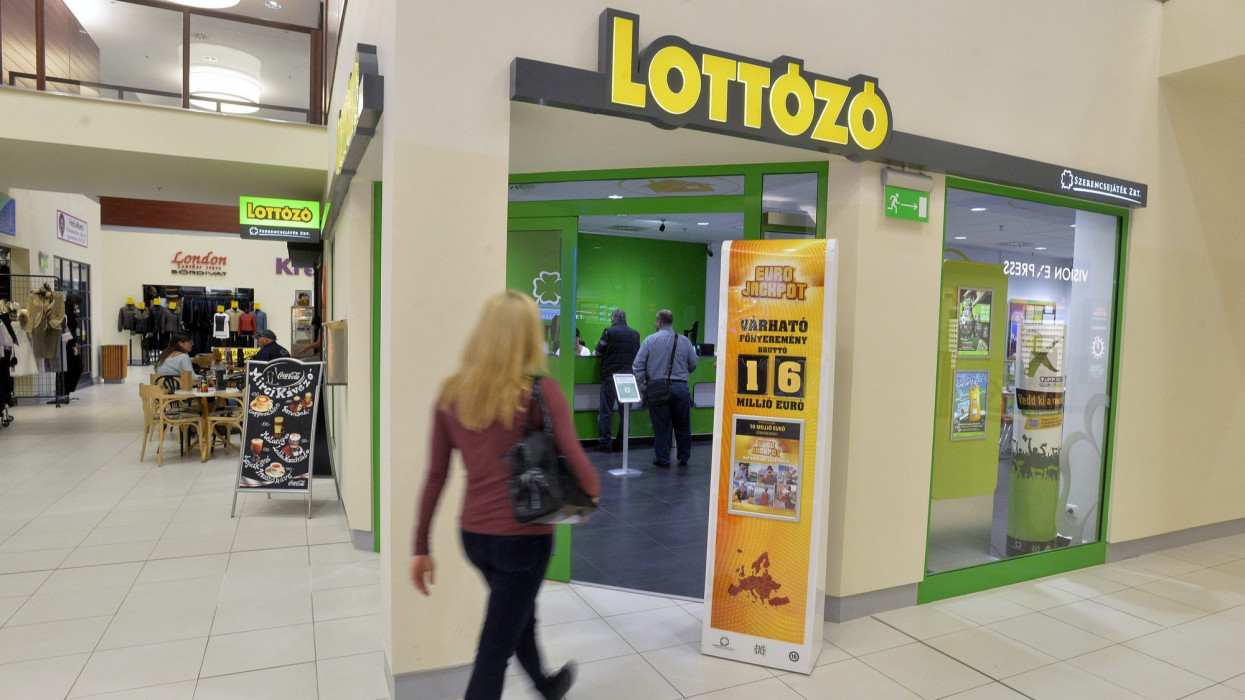Agriculture and rural development Commissioner Phil Hogan said:
I welcome the Council and Parliament's positive decision for the EU to become a member of the Geneva Act. This is a step forward to better protect our geographical indications at a multilateral level. They mirror the EU's valuable geographical diversity, authenticity and know-how, in terms of agricultural products, food, and drinks. This membership will add on to the protection already granted through international bilateral agreements.
The Council adopted a legal package setting the legal basis for the European Union's accession, as well as the rules on how the EU will operate as a member of the Geneva Act.
Thanks to the Geneva Act, which modernised the 1958 Lisbon Agreement for the Protection of Appellations of Origin and their International Registration, international organisations such as the European Union are now allowed to join. It currently is composed of 28 members, including seven EU Member States. Being a member allows to secure protection for appellations of origins (AO) through a single registration. This means that once the EU officially becomes a member, all EU geographical indications can in principle get rapid, high-level and indefinite protection in other members of the Geneva Act.
Following today's adoption by the Council which concludes the legislative process, the two acts will be published in the Official Journal and enter into force 20 days after publication. Three months later, the European Union will officially join the Geneva Act.
Geographical indications (GIs) refer to a product which originates from a specific geographical area, and in respect of which a given quality, reputation or other characteristic is linked to the geographical origin. They are also used to distinguish and reinforce cultural contributions and reward the creativity of authentic know-how. A product name registered as protected geographical indication (PGI) or protected designation of origin (PDO) can only be used by producers located in the designated area.
There are over 3,000 names of wines, spirits and food products from the EU and non-EU countries registered in the EU. For instance, those include Gorgonzola, Cava, Comté and Ouzo.







